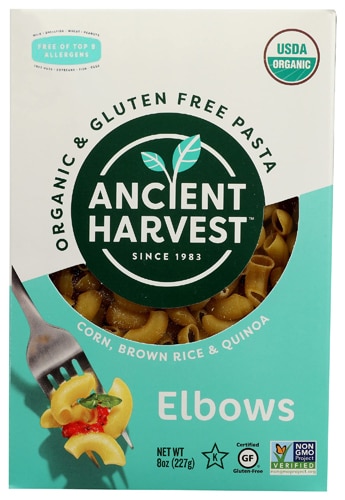With diet and nutrition trends heavily influencing today’s culture, it's easy to jump on the latest bandwagon when it comes to healthy eating. While many people consider themselves conscientious shoppers, researching and reading labels to avoid overly processed snacks or pesticide-drenched produce, we're often faced with excess information that can lead to confusion and poor decision making. Are the choices we're making based on facts, or are we quick to believe "truths" that are nothing more than creative marketing campaigns?
To set the record straight -- and to help you stay on the right path to optimal nutrition and wellness -- here are some of the most common myths about nutritious foods, along with tips to help you change your plate for the better.
Myth #1 - You should only eat egg whites
Egg white omelets are a tasty way to start the day. But when you omit the yolks, you're missing out on important nutrients like omega-3s and calcium. Yes, yolks contain cholesterol. Yet, it's present in many other foods (including dairy products and meat), and you don't give it a second thought.
Truth tip: Egg yolks are OK to eat in moderation. If you love a scrumptious egg sandwich in the morning, don’t feel you have to remove that runny golden center just to make it more nutritious. Instead, consider making it with two egg whites and one yolk. This will limit the cholesterol without eliminating any vitamins or flavor.
Myth #2 - Eliminating carbs is a healthy way to burn fat
Carbohydrates found in foods such as bread and pasta contain starches and sugars considered to be a factor in weight gain. On the other hand, carbs found in foods such as fruits and vegetables, whole grains and legumes help to fuel your body while also supporting healthy eating with vitamins and minerals, antioxidants and fiber (which helps keep you full!).
Truth tip: If you can't pass on pastas and breads, don’t feel guilty about eating them on occasion along with something healthier (a serving of steamed veggies, for example) that you enjoy. Watch portion sizes and try to choose better-for-you carbs such as whole wheat bread, brown rice, oatmeal and sweet potatoes.
Myth #3 - Eating as many "healthy fats" as you'd like is OK
Some of the trendiest foods today -- avocados, coconut oil, olive oil -- are loaded with healthy fats. In actuality, these foods contain polyunsaturated, unsaturated and monounsaturated fats, as well as omega-3 and omega-9 fats. They key here, again, is moderation. Overconsumption of even the healthiest of fats can have a downside. Keep in mind that some fats, such as omega-6s, can contribute to unhealthy conditions such as inflammation.
Truth tip: Educate yourself on healthy fats and learn which foods are the best sources. Examples include avocados, salmon and almonds, to name a few. Make these foods a regular part of your diet, but don't go overboard!
Myth #4 - Cow's milk is better than dairy alternatives
Cow's milk has been America's go-to for calcium, vitamin D and protein for ages. Just because it's a long-favored staple, however, doesn't mean it's a must in your diet. Plenty of plant-based alternatives, from almond milk to rice milk to coconut milk, deliver surprisingly sufficient amounts of nutrients on their own or through fortification. Non-dairy alternatives are also ideal for people who are lactose intolerant of following a specialty diet, such as a vegan diet.
Truth tip: If you're new to non-dairy milks, brush up on the basics and then experiment with which ones you like best. There are unflavored and flavored varieties, fortified options and even convenient "juice box" portable packs you can take along for snacks or lunch.
Know that it’s always important to educate yourself on the foods that you eat. Try to look past the labels, and do some digging to discover the truth. What’s best for others may not be all that good for you.




